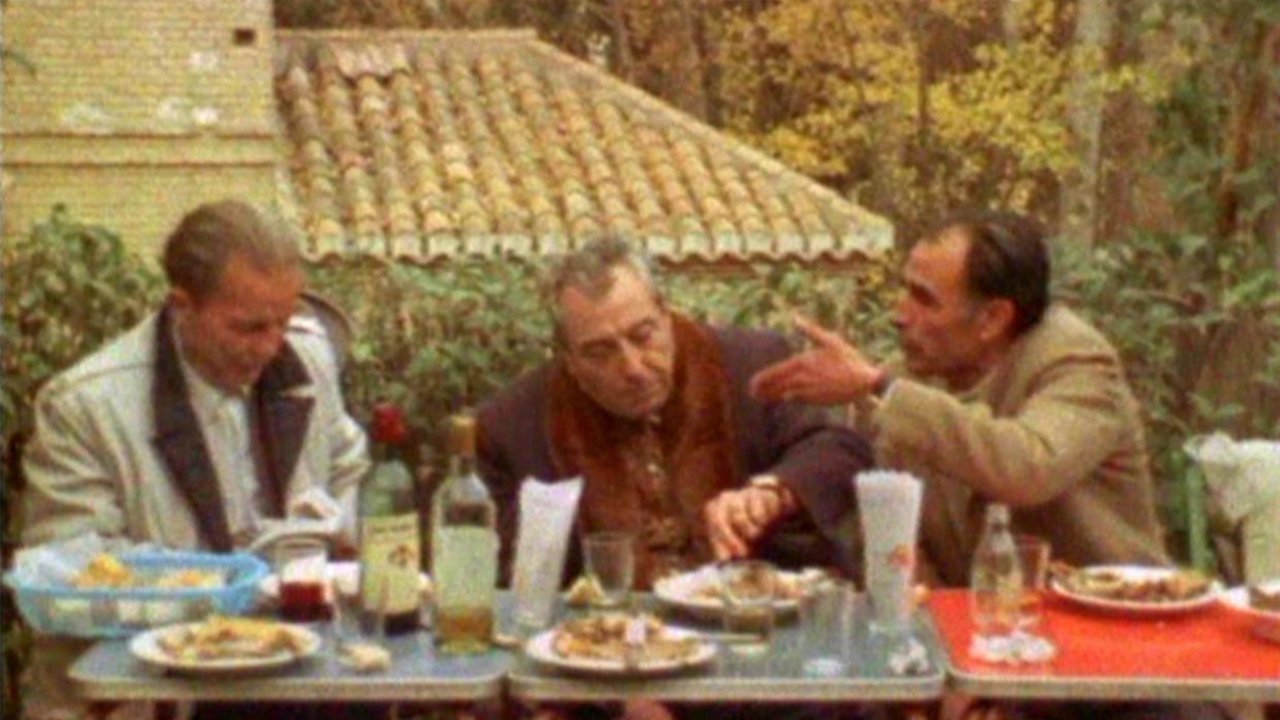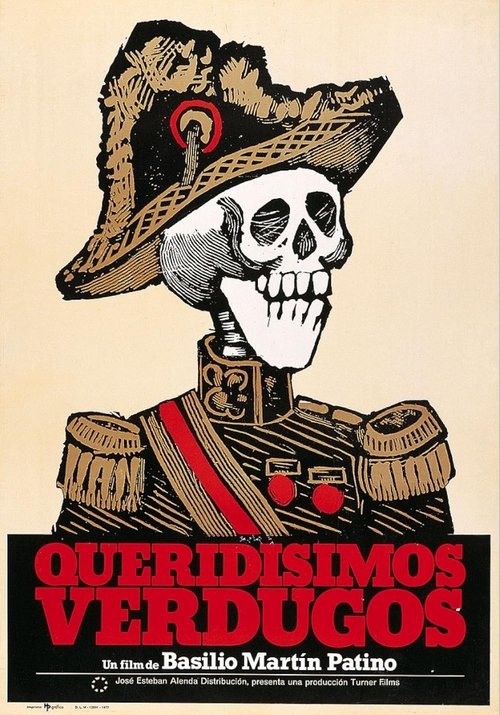

This documentary, filmed clandestinely, is based on several interviews with the executioners who worked in Spain during the early 1970s, as well as families of people executed by them.
No Trailers found.

Narrador (voice)

Self

Self

Self

Self

Self

Self

Self

Self